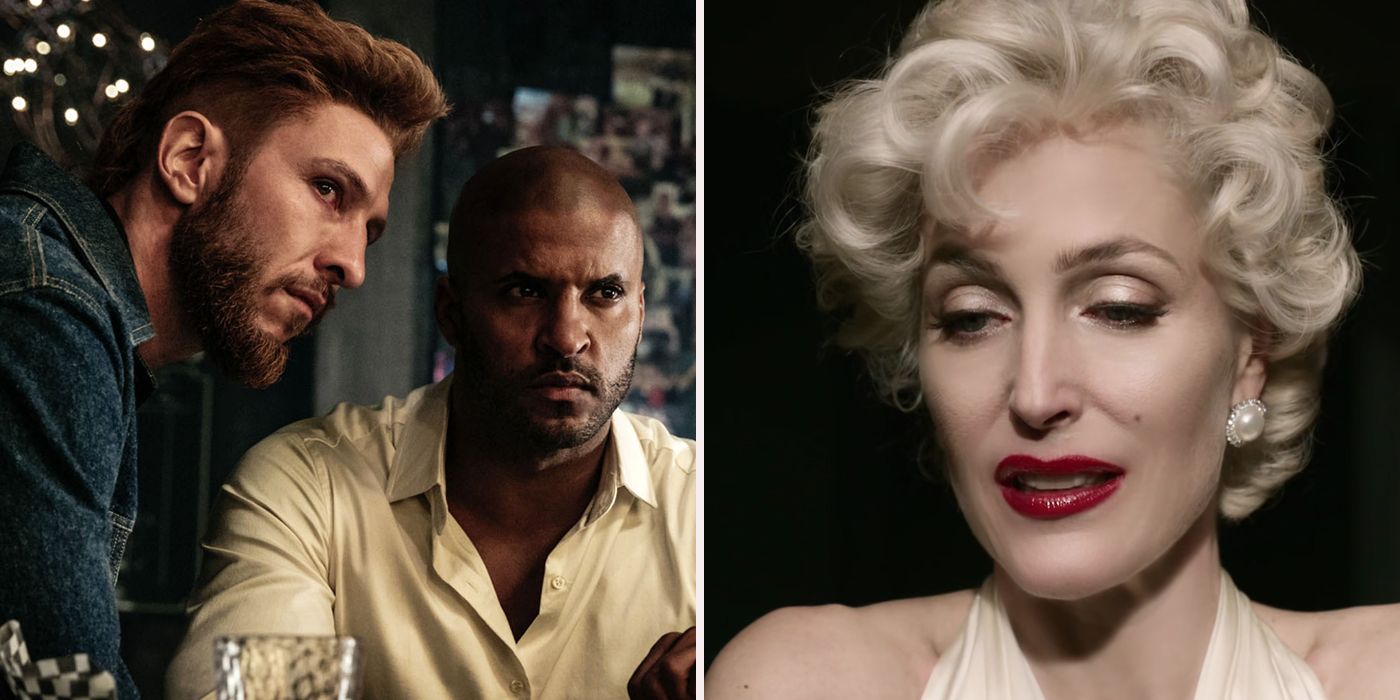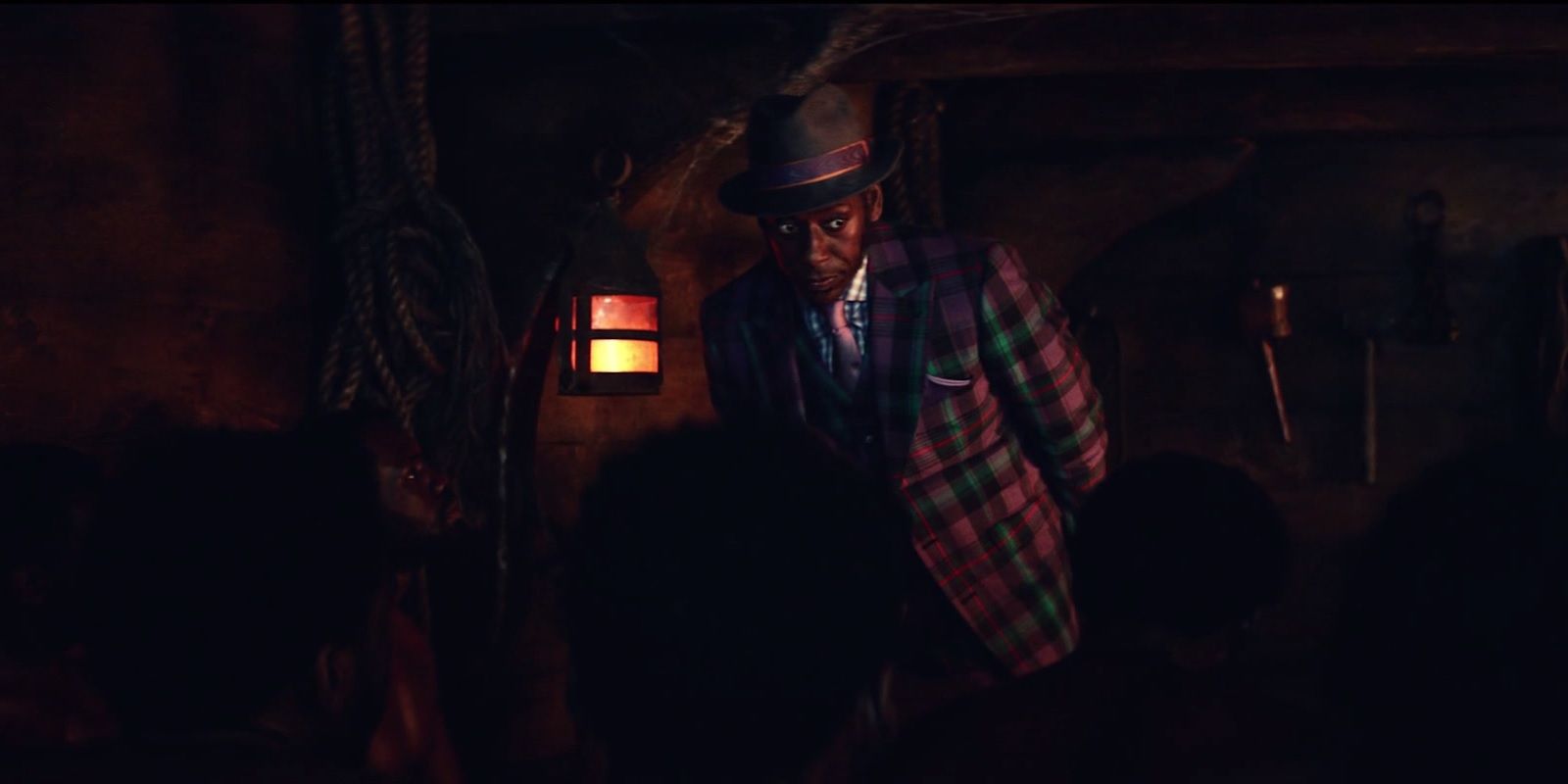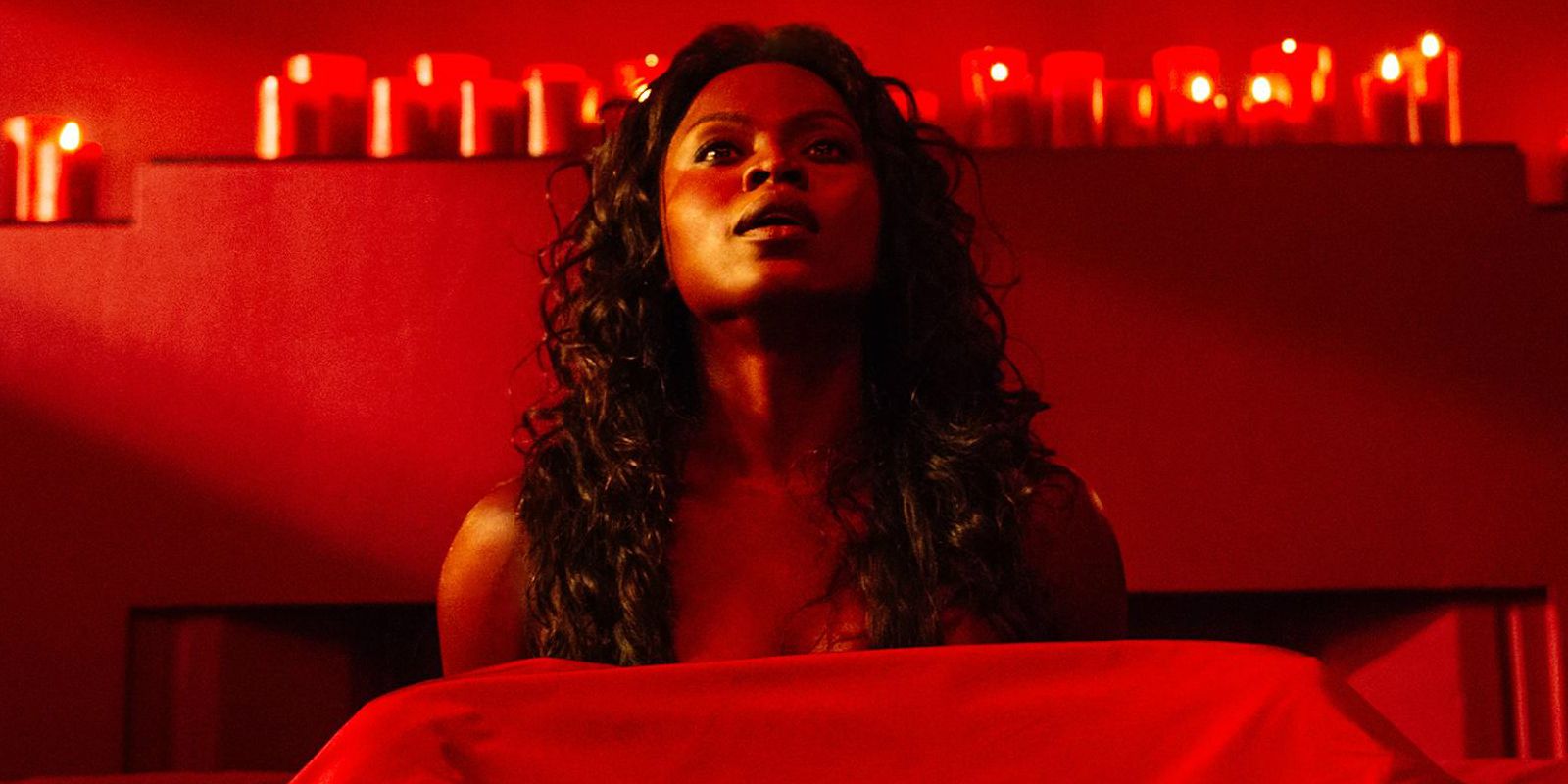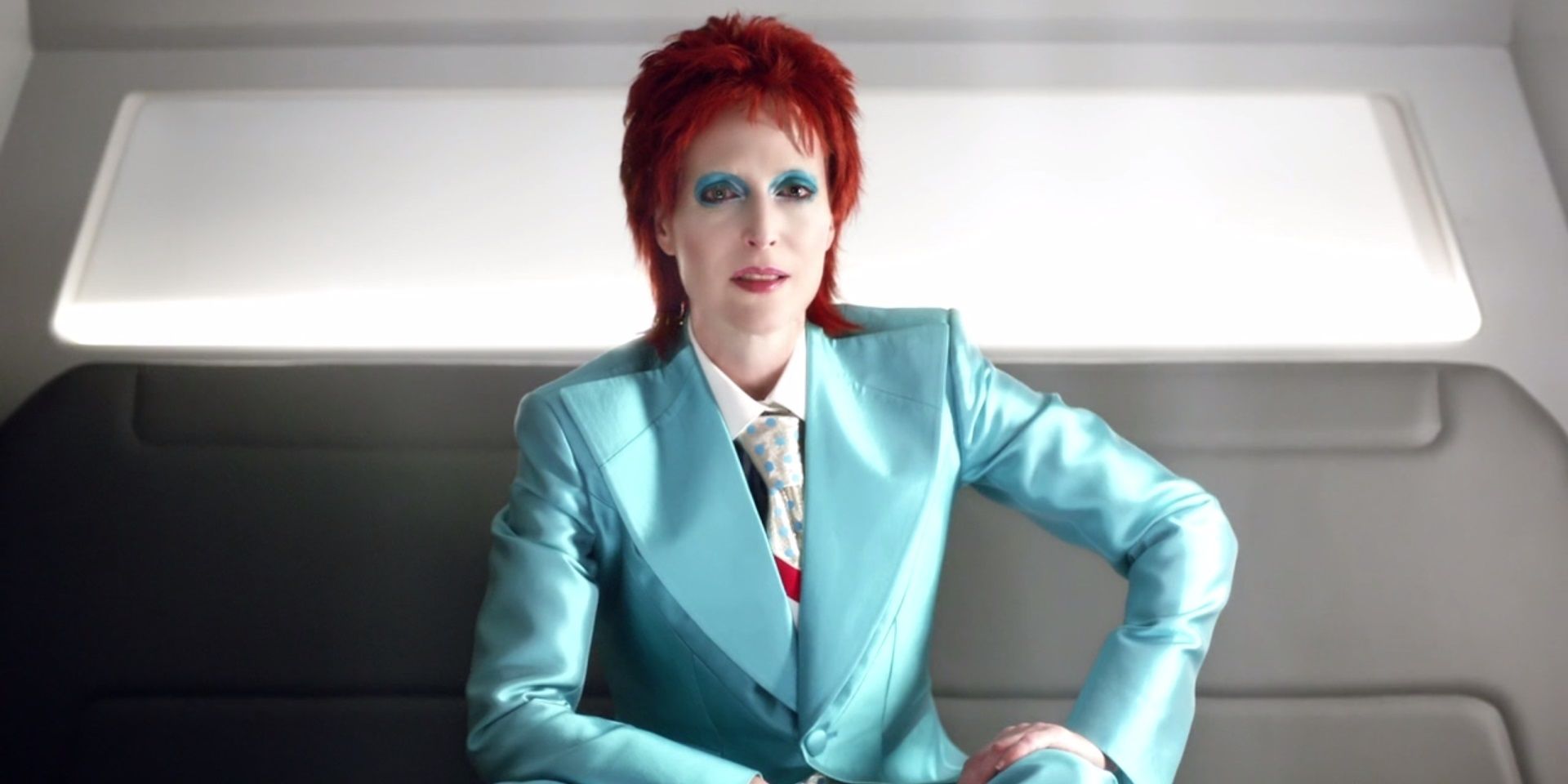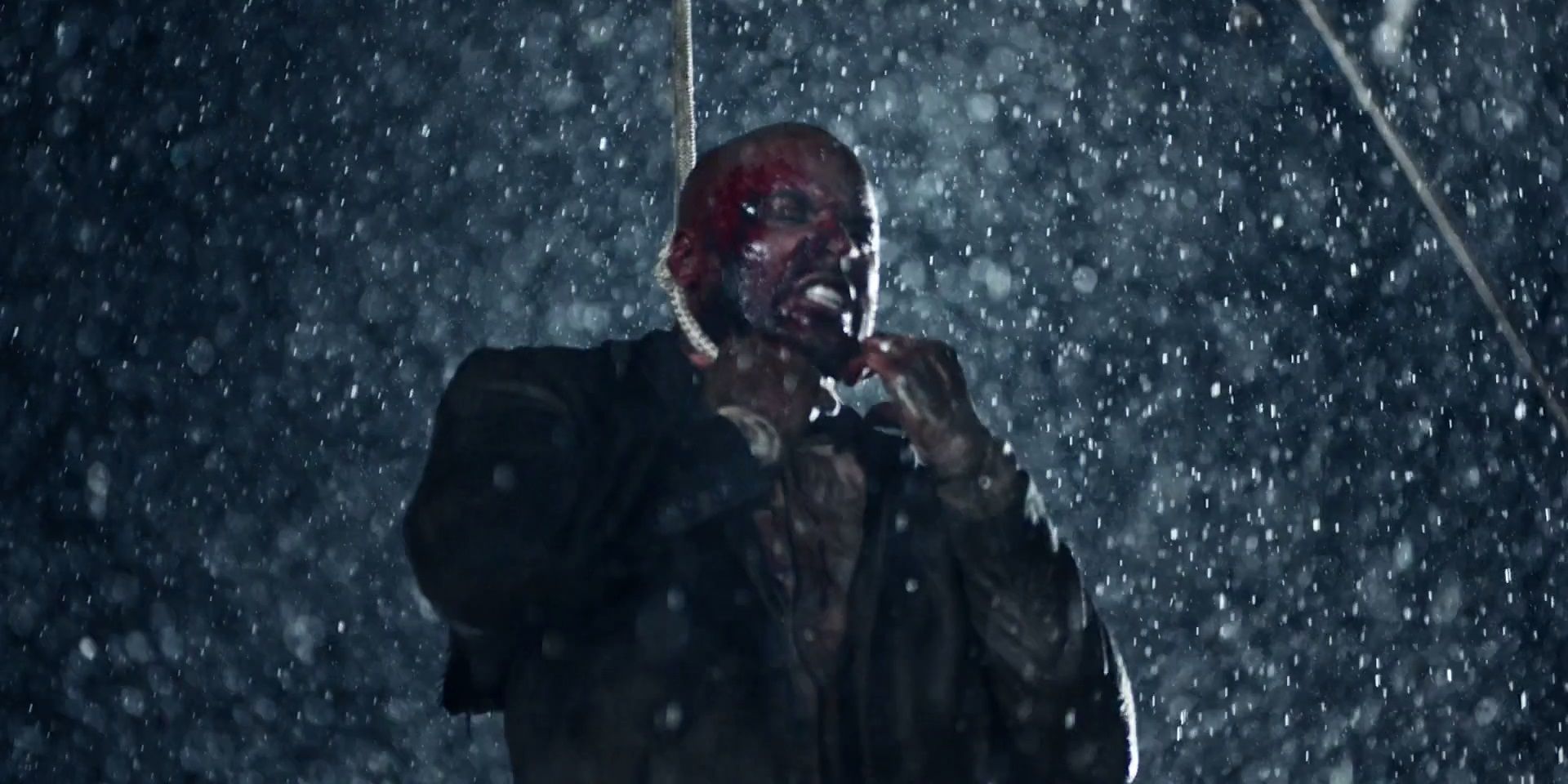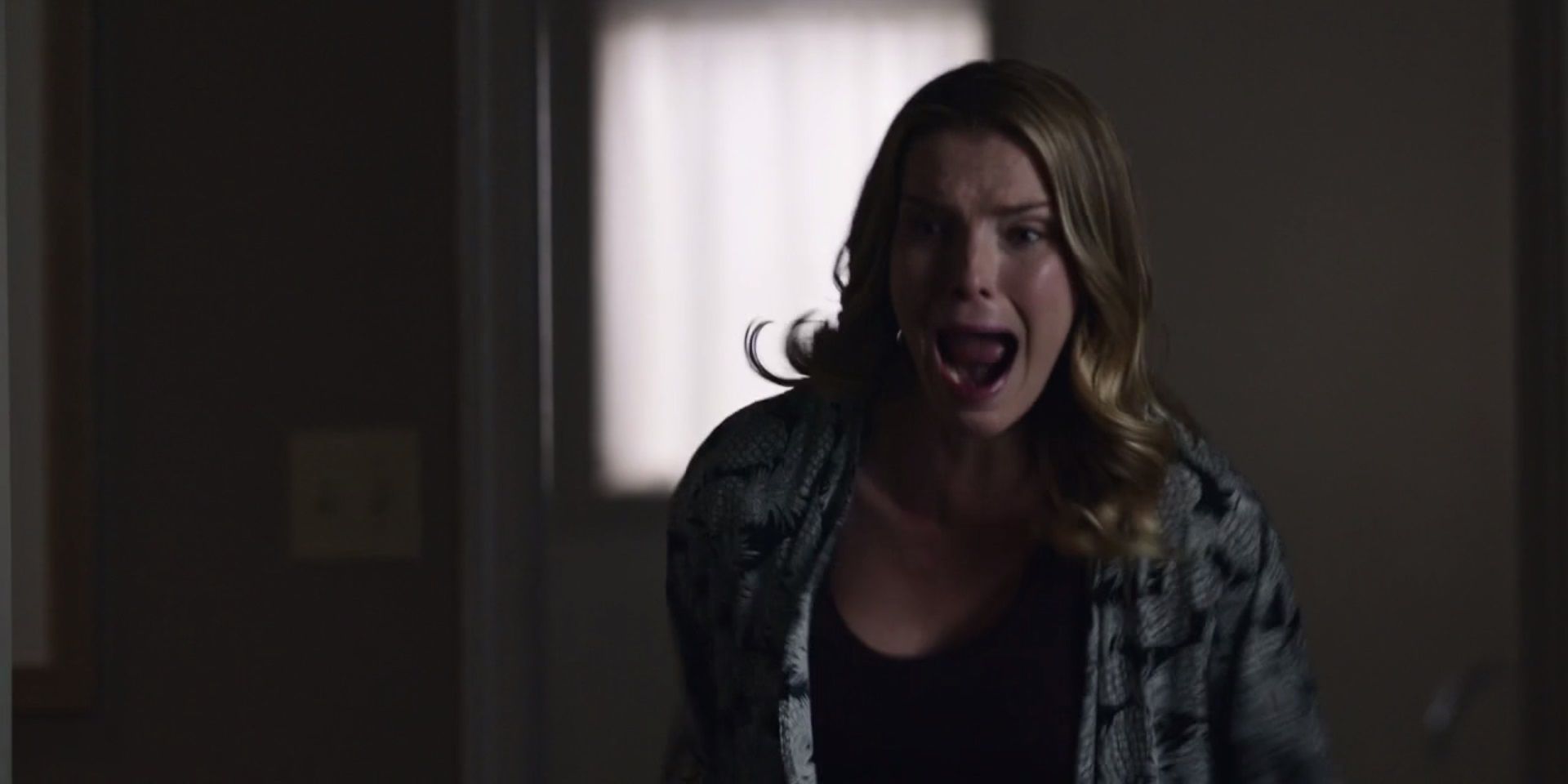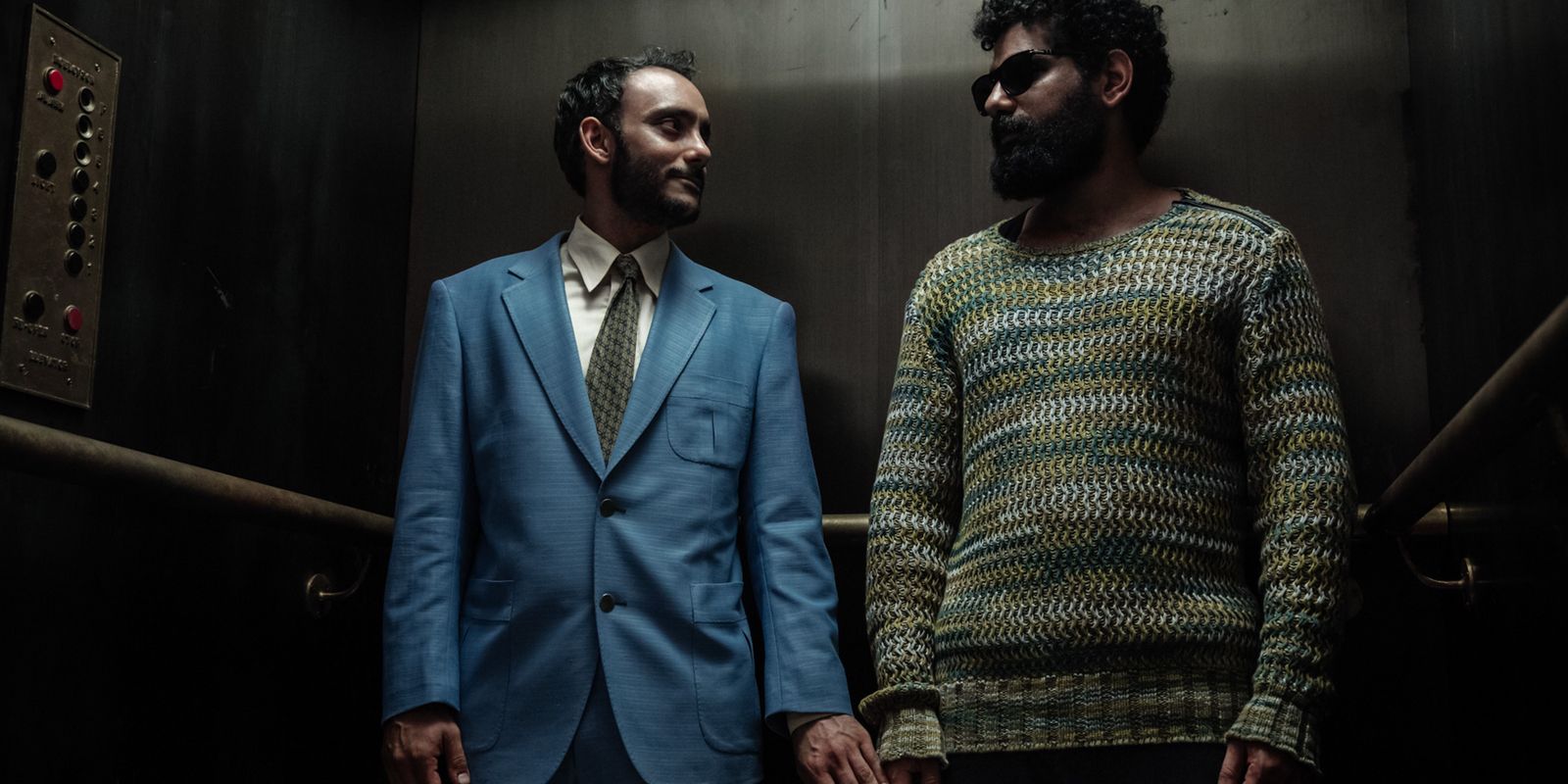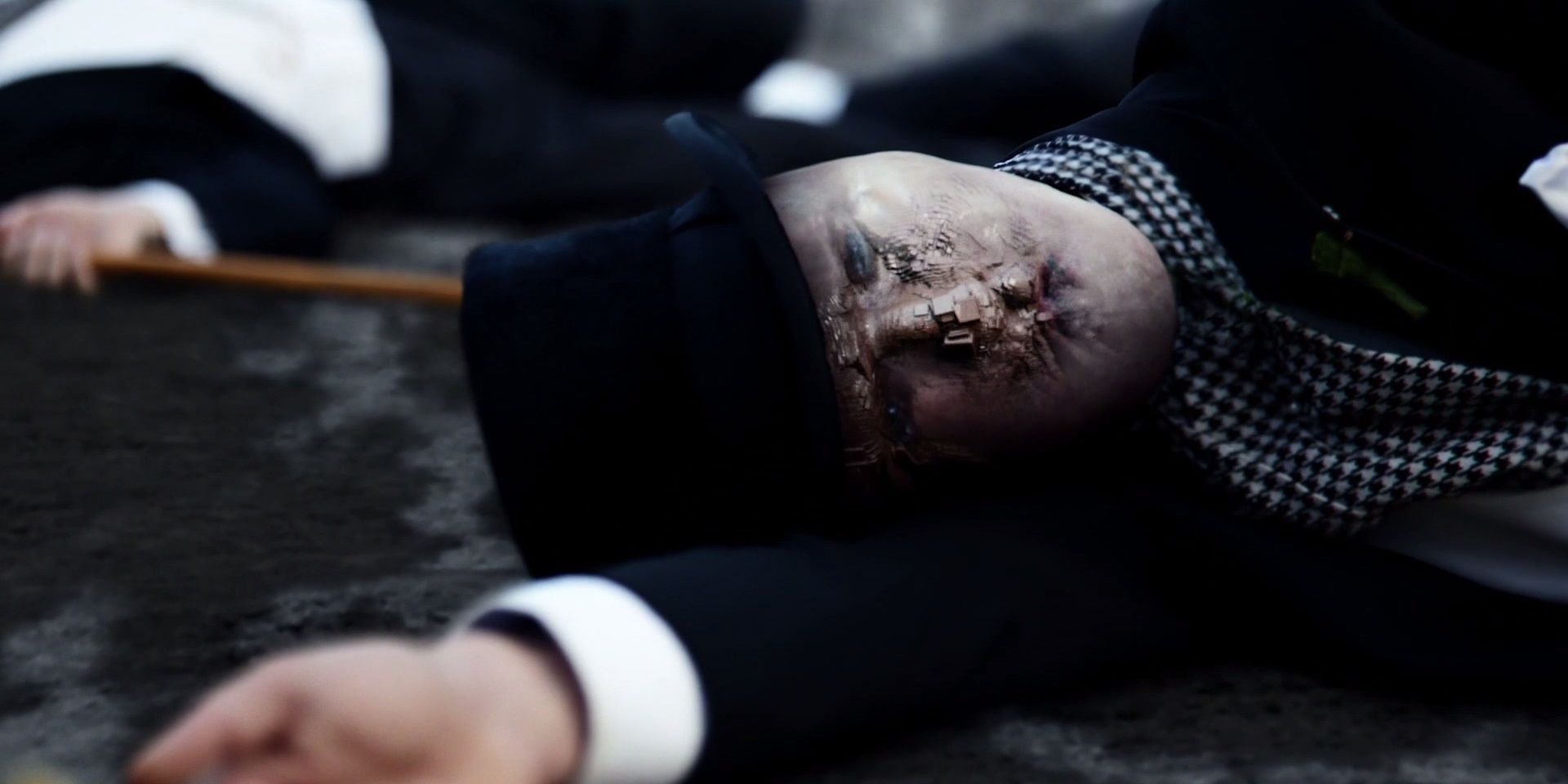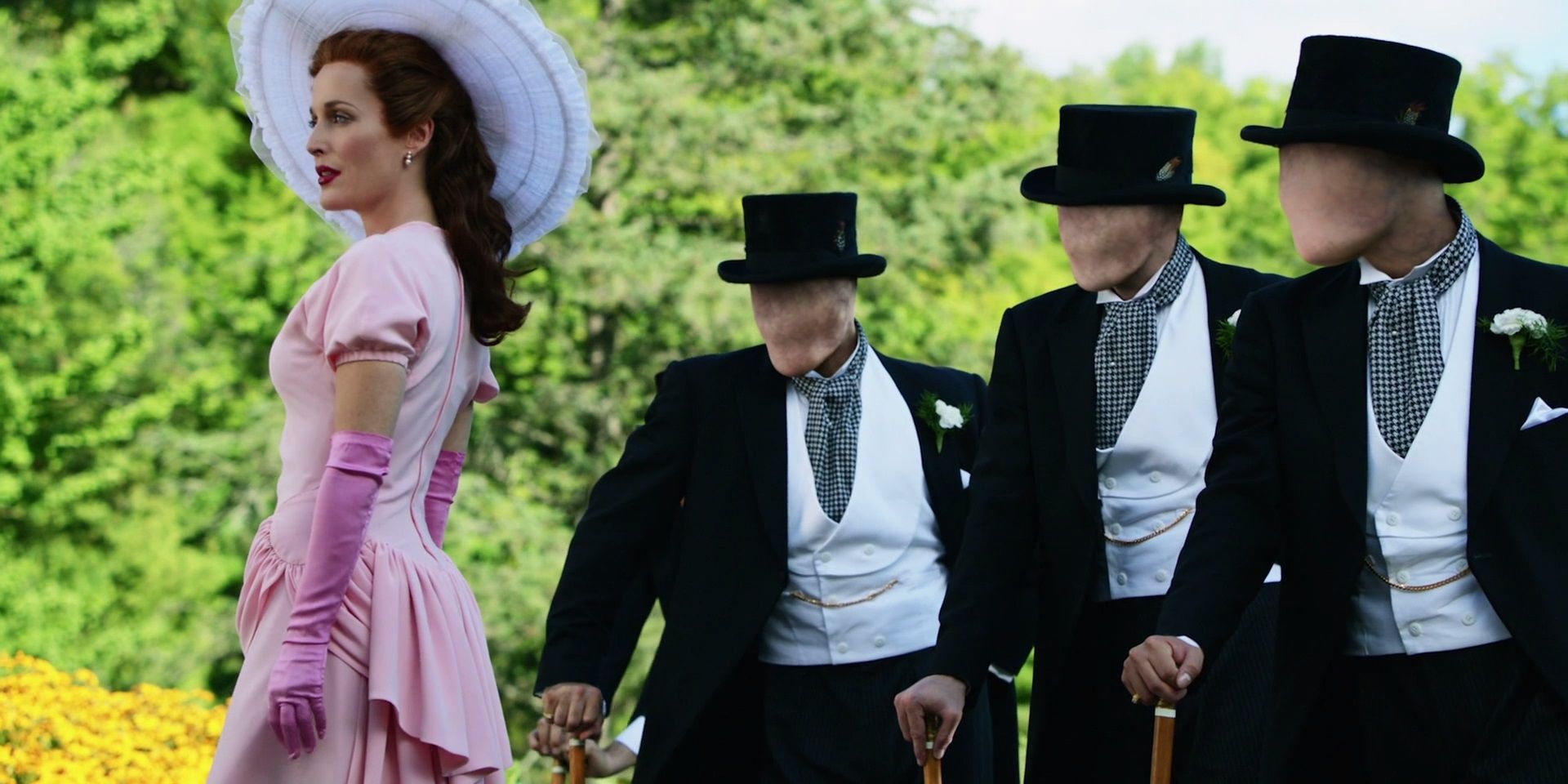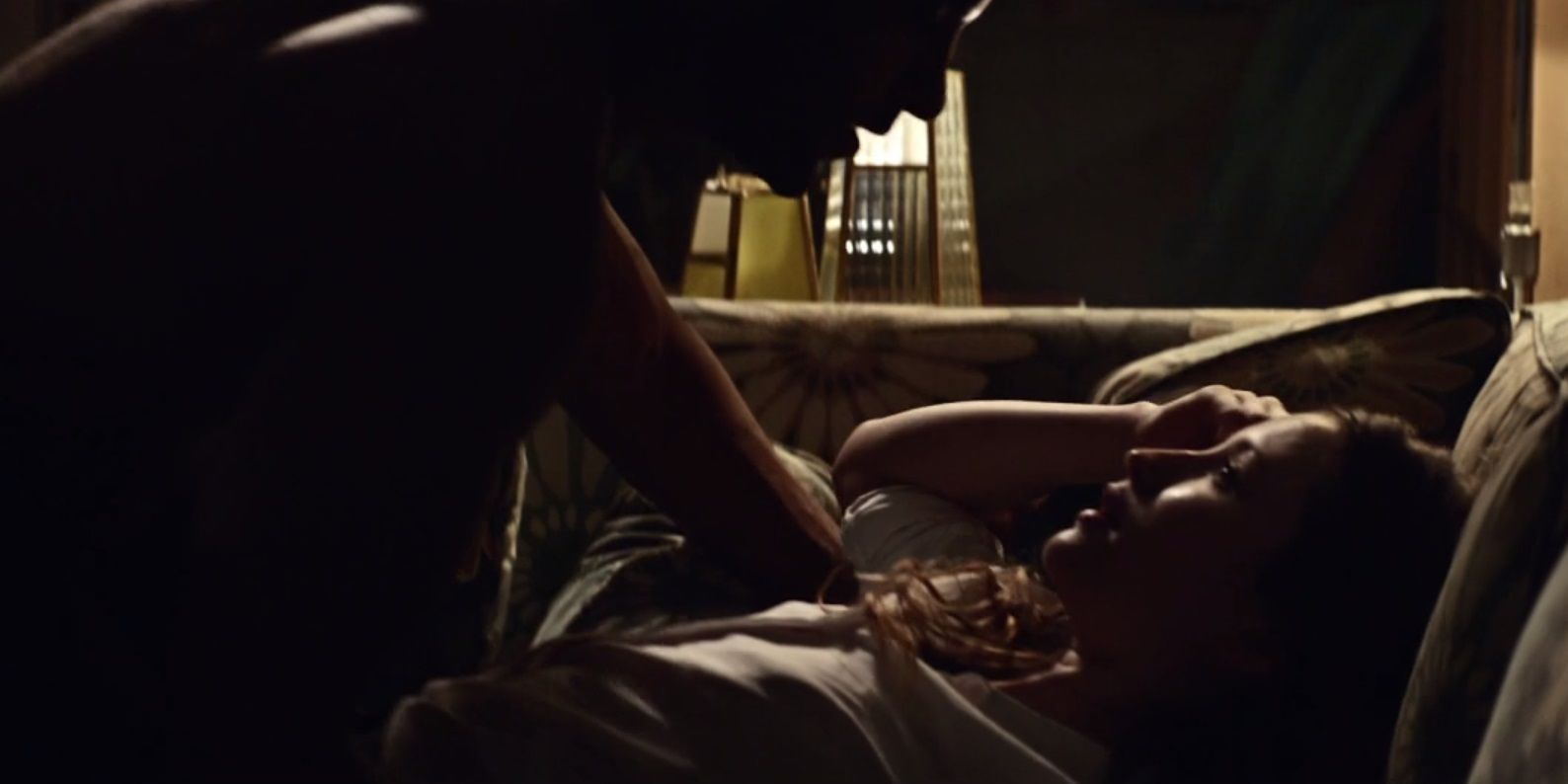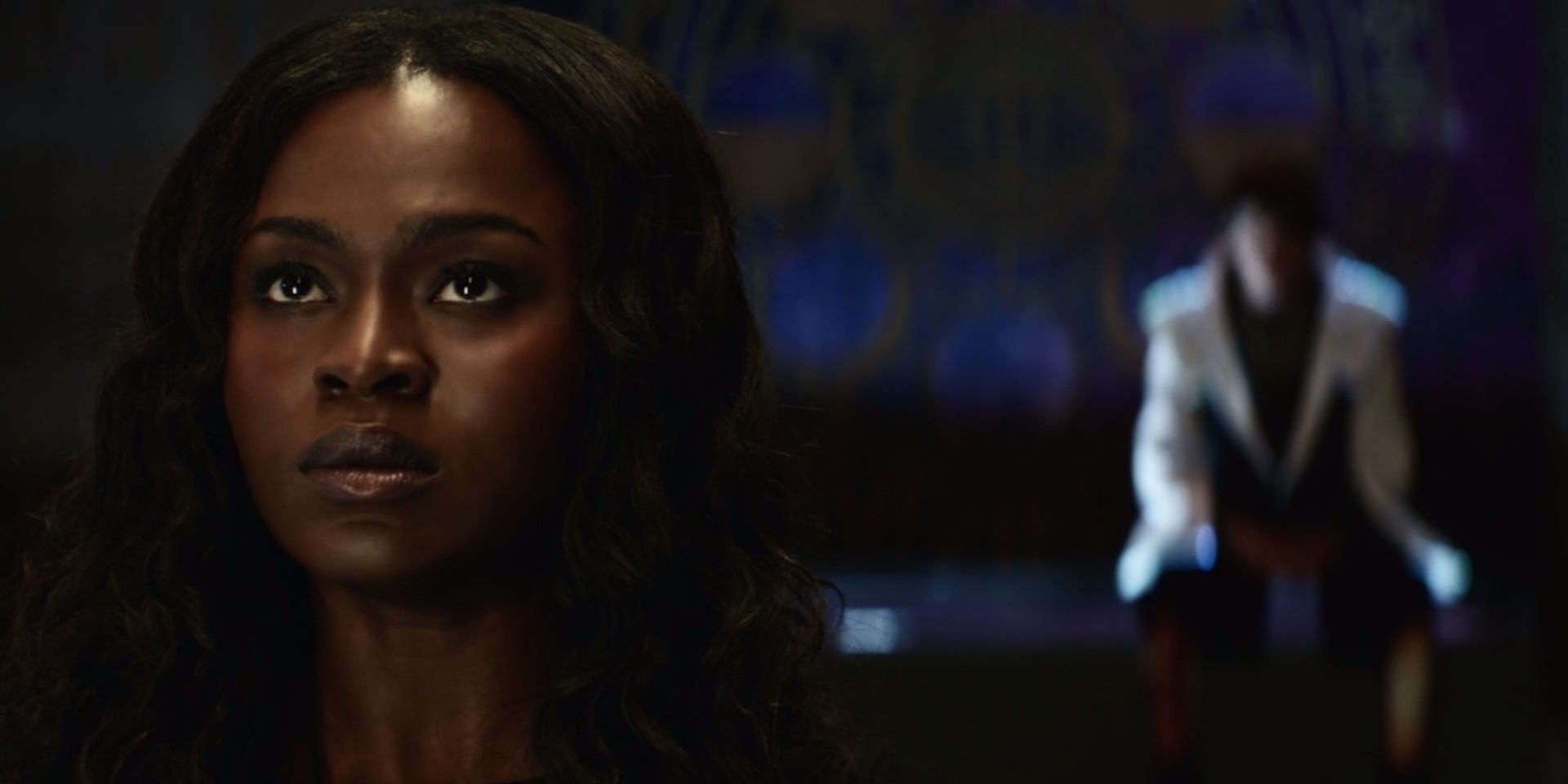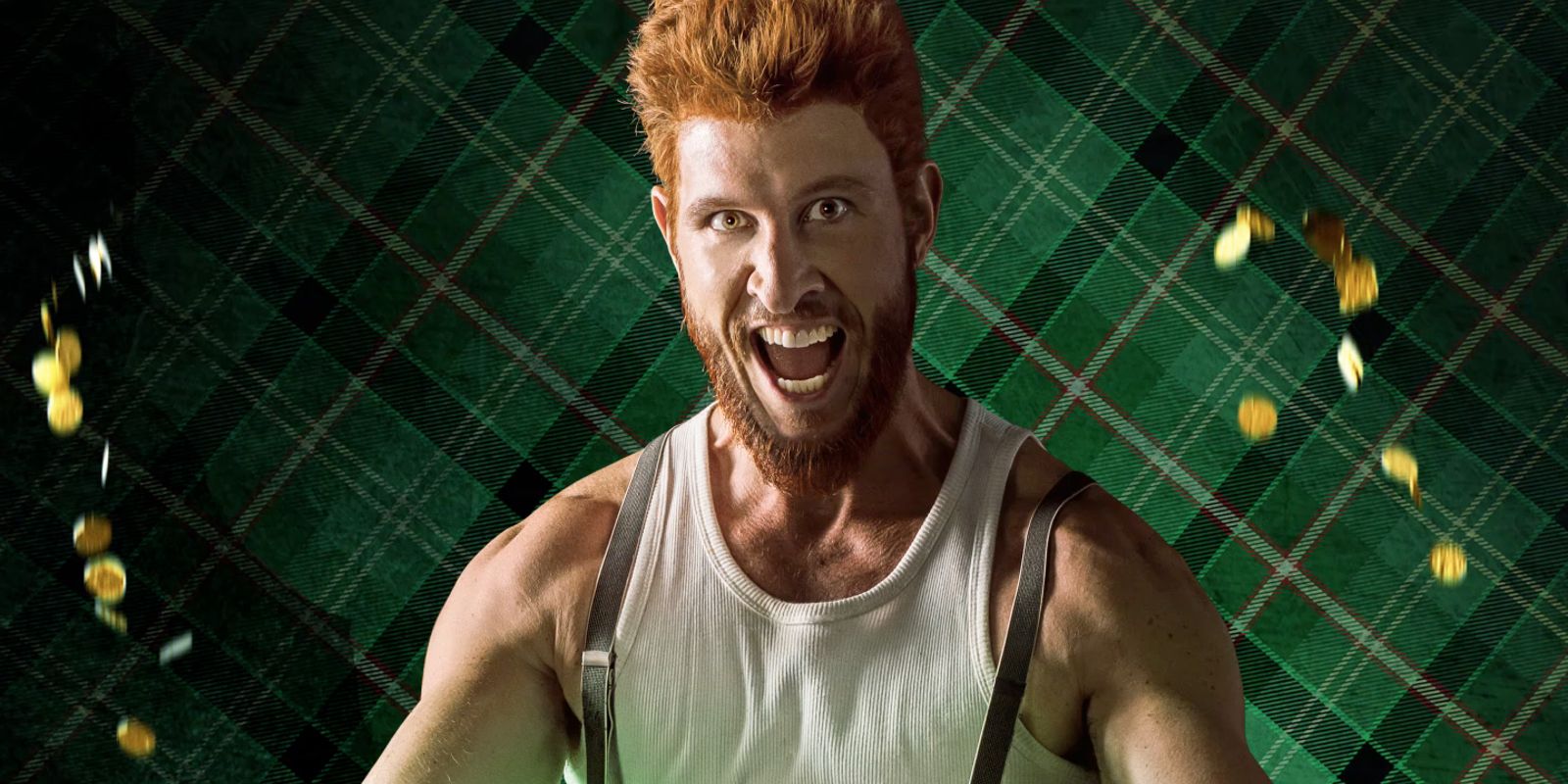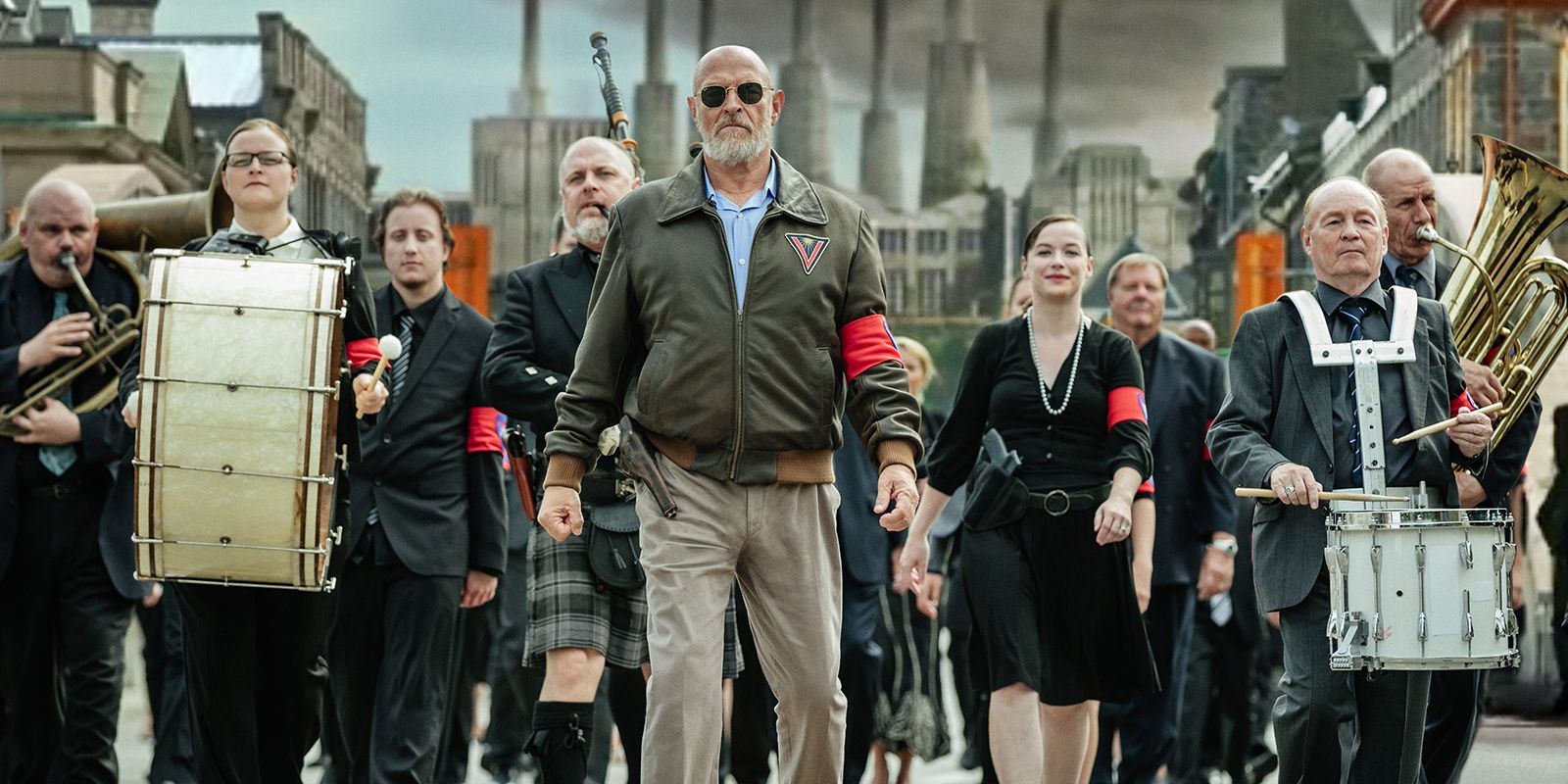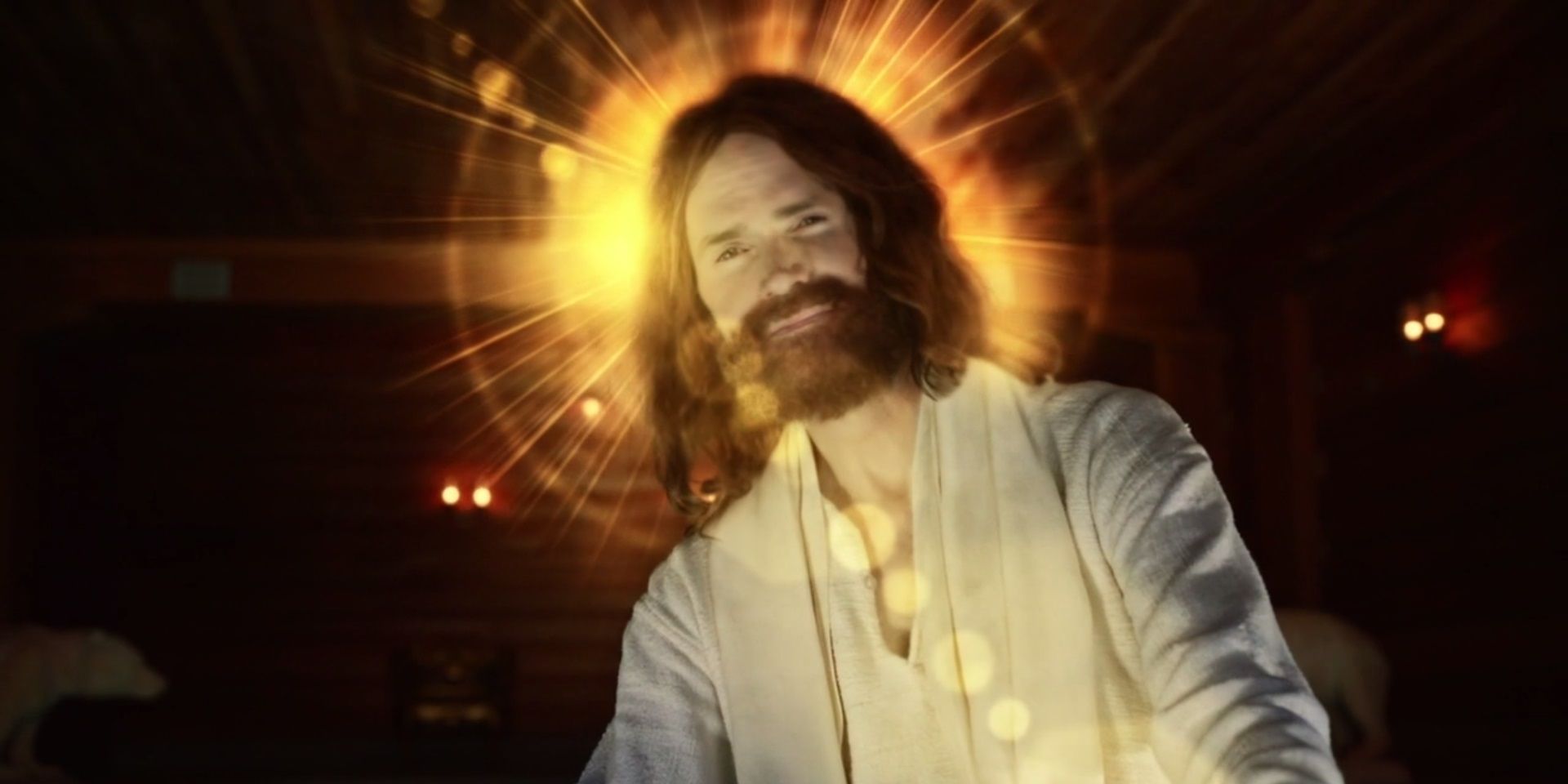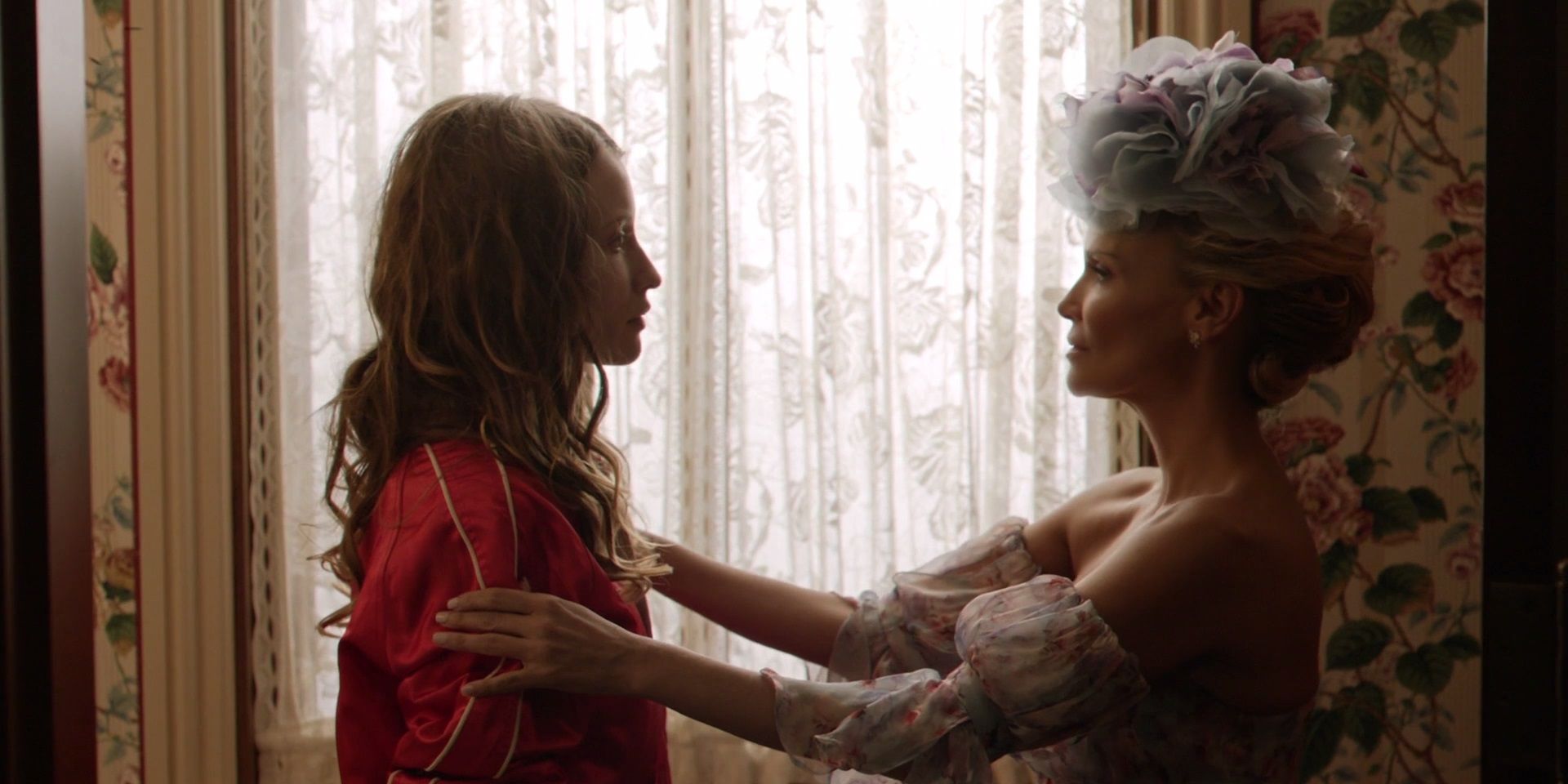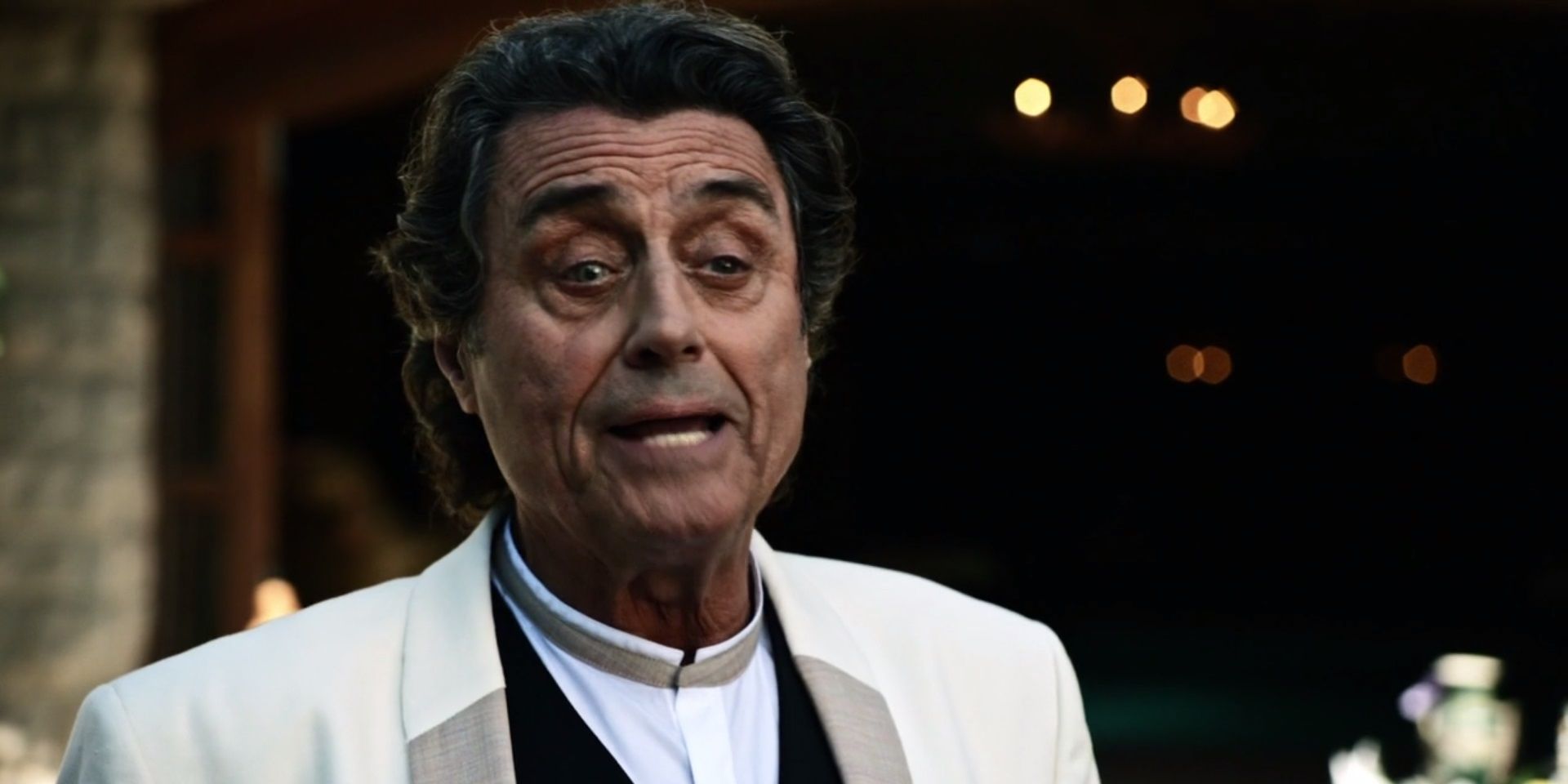It felt like it was a long time in coming, but American Gods finally aired this year. The first season, a short-and-sweet eight episodes, just wrapped up and we are in love. Starring Ricky Whittle, Emily Browning, Ian McShane, Pablo Schreiber, Gillian Anderson, Crispin Glover, Orlando Jones, and more, the show is based on the 2001 Neil Gaiman novel of the same name.
Gaiman is best known for his comic work (especially The Sandman and Death), but has also written several well-received novels, including Good Omens (with Terry Pratchett), Stardust, and American Gods.
The novel is a force to be reckoned with, and won a number of awards on its release, such as the Hugo and the Bram Stoker. For the most part, the show follows the same path as the book-- even if things are a tad out of order.
The show has made some decisions, however, that deviate from the book. Only showrunners Bryan Fuller and Michael Green, and the show’s writing and directing staff know why, but it’s safe to say that some were made to satisfy individual creative drives and others were made to either simplify or smooth over perceived rough edges in the book.
While we highly recommend reading the book, we will explore the 15 Biggest Differences Between the American Gods Novel and the Show.
Be warned, there are spoilers ahead.
15. Anansi's Sacrifice
The first time we meet Anansi, the African trickster god/god of stories/weaver/spider, in the show is during a “Coming To America” segment. These segments sit somewhat apart from the main plot of the show and detail how different people coming from different countries bring over their beliefs (and subsequently their gods and mythological beings) over the years through different circumstances.
Played by Orlando Jones, Anansi is depicted in a flashy modern suit on a ship full of African slaves bound for America in the 1700s. He speaks in English to the slaves while they speak to him in their native tongue. He incites them to rebel against the slave traders, and drinks in the carnage as sacrifice.
In the book, he is depicted as an old man and is introduced in the main portion of the story. He gets introduced by Czernoborg to Shadow as all the gods begin to meet at the House on the Rock-- which is just about to happen at the beginning of season 2 in the show.
Anansi/Mr. Nancy has already met Shadow in the show. He is tailoring a suit for Shadow and Wednesday while telling a story about Bilquis.
14. Not A Trick
Bilquis is likely responsible for the most talked-about moment of the whole series to-date. The Queen of Sheba, Bilquis devours people using her nether regions; willing sacrifices submit themselves to her and literally lose themselves in her. In the book, she is a prostitute stalking the streets of Los Angeles and preying mostly on the sad and lonely of the world.
In the show, she uses online dating as a means of feeding her womanhood. The twist on the original is almost certainly owed more to the year the show came out versus when the book was written. It feels like a much better fit, and that’s even without taking into account the agreement (which we’ll discuss later on). Online dating was not nearly the pervasive phenomenon it is now, and so it is only in 2017 that this sort of predator-prey relationship can seem so plausible.
13. Many-Faced Media
One of the New Gods, Media represents all of television and radio and the movies. It is a bit surprising, unless Gaiman did not want to distract with readers imagining specific people, that Media only took on two identifiable appearances in the book: Lucille Ball of I Love Lucy and the character of Diane from Cheers. The other time Media made an appearance was as a woman who reminded Shadow of every newscaster he’d ever seen.
In season 1 of the show, Media (played by Gillian Anderson) has popped up 4 times. First, Media spoke to Shadow as Lucy from a multitude of TVs in a store. This allowed Media to ask Shadow, as in the book, if he’d ever wanted to see “Lucy’s tits.”
Media then pulled the Technical Boy aside to voice Mr. World’s displeasure with his handling of Shadow, while dressed as Spiders from Mars-era David Bowie. Media then confronted Wednesday and Shadow as Marilyn Monroe, donned in the famous white dress from The Seven Year Itch (while floating off the ground).
The season finale had Media showing up at Easter’s house dressed as Judy Garland in Easter Parade.
12. Hanging Around
There is a motif that runs through both the book and the show of hanging. The way the two go about it, though, is quite different. This is likely due to the fact that planting the motif in the same subtle way as the book would be completely overlooked in the show by all but the most scrupulous of fans.
In the book, the word “hang” (or “hanging,” “hung,” or “hanged”) appears well over 50 times. This is Gaiman’s way of portending Shadow’s vigil for Odin on the tree. Several times the hanging of people or animals is discussed. More than that, it is used as a turn of phrase several times (no doubt intentionally) such as “hang a left.”
In the show, because our eyes wouldn’t be able to keep going over the same word over and over, the motif was made less subtle. After first encountering the Technical Boy, the faceless henchmen of the New Gods hang Shadow (until he is saved by Laura).
The “Coming To America” sequences also discuss hanging on more than one occasion, and, most recently, Vulcan knowingly brings up lynching when talking to Shadow.
11. The Audrey Experience
Audrey, wife of Robbie and best friend of Laura, plays a fairly different role in the book than in the show. Given that the backstory of Shadow and Laura differ so much from one another, the show’s staff decided to give her more screen time in the show than she’d otherwise have if they were faithful to the book.
In the show, she confronts Shadow at Laura’s funeral in a hostile way that highlights the notion that she is not sober at the time. Later that night, she attempts to have revenge sex on top of Laura’s grave with Shadow. Even later, she encounters Laura (now undead) in a comical scene that entails screaming, bodily functions, and reconciliation.
In the book, it would appear that Audrey is a lot less pivotal to the story. She gives Laura’s corpse flowers and spits on her face, then reveals Laura’s infidelity to Shadow. That night at the cemetery she asks Shadow if he needs a ride but gives up and speeds off.
However, she winds up playing a surprise role later on in the book that will likely happen in the show.
10. Star-Crossed Salim
Salim is, so far, the best evidence of the show working to connect the dots in a way that the book often doesn’t bother to do. The Omani salesman of trinkets appears in a segment titled “Somewhere in America,” and tells the tale of his adventurous failure in New York.
At his wit’s end, he encounters a jinn working as a cab driver. Salim is romantically interested in the Jinn and invites him to his hotel. In the morning, Salim finds the Jinn gone with Salim’s possessions and ID-- in their place are the items of a cab driver (effectively forcing Salim to begin a new life in New York as a cab driver).
In the show, all this happens in nearly the exact same way. The big difference, however, is that this is not just a separate thread meant to simply illustrate other ways in which people and the mythical intertwine in the New World.
In the show, Salim arrives as something of a deus ex machina for Laura and Mad Sweeney as they attempt to hit the road. Salim, in his search for his lost jinn, becomes a part of the richer tapestry of the show’s central plot.
9. War And Peace
The New Gods want to consolidate the power they hold in the modern world. The means that they way they do this will differ between the show and the book, however. In the book, the New Gods are aggressors and seem to be openly hostile towards the Old Gods. The Technical Boy, for instance, goes so far as to murder poor Bilquis. They seem to have a “this town ain’t big enough for the two of us” mentality.
In the show, the New Gods seem to want to use the name cache of the Old Gods in order to fortify their own position-- as if somehow re-igniting the spark of faith in the likes of Odin and Bilquis might make the New Gods themselves more powerful. Honestly, it’s a bit confusing. Luckily, it doesn’t matter much because Wednesday insisted on violently declining their offer.
8. The Goons
The show and the book have different approaches to the guys who do the dirty work. There's an interesting distinction made between the two. In the book, the New Gods are aided by, for lack of a better term, spooks.
The American fascination with the concept of men in black (secretive government agents dressed immaculately in black suits with black ties) is dominant in the book. A whole bevvy of them existed under the leadership of the New Gods’ ringleader, Mister World. They follow in Mister World’s footsteps-- having names like Mister Town and Mister Stone. While not central characters, some of them are given larger roles and seem to exhibit some personality.
On the show’s end, it appears as though the Misters (apart from Crispin Glover’s Mister World) have been replaced by faceless henchmen. As tall, fit men with no faces or hair, they seem to be able to act individually or in tandem with the others, but don’t appear to exhibit any sort of personality. Going this route, the show doesn’t have to do any character development on cannon fodder, and can focus more on gore and indiscriminate carnage. It also does not preclude more Misters from popping up at some point.
7. The Meet Cute
The show and the book diverged pretty spectacularly in terms of the origin stories, especially for the beginning of Shadow and Laura relationship. In the book, Shadow meets Laura when she is brought as a blind double date to a restaurant by Audrey and Robbie (who Laura would later have an affair with).
It is incredibly sweet and written succinctly. For example, Gaiman writes, “he had kissed her good night, that night, and she had tasted of strawberry daiquiris, and he had never wanted to kiss anyone else again.”
In the show, Laura works at an Egyptian-themed casino as a dealer. Shadow comes in and tries, poorly, to run a con on Laura. Hip to the action, Laura warns Shadow off before he gets caught and hurt. Impressed and smitten, he waits for Laura in the parking lot after her shift, and they wind up sleeping together (after he already suggests that they run a two-person con on the casino).
6. Deal With The Devil
Bilquis’ fate, in both the show and the book, seems to be tied to the Technical Boy. In the book, she walks over the limo of the Technical Boy, assuming he is a high-rolling john.
While in the limo, which she realizes is moving wildly but isn't being driven by anybody, the Technical Boy teases her and winds up announcing that he knows who and what she is. He mixes this in with singing (in an inhuman voice) a modified rendition of “Material Girl” by Madonna. Terrified, she escapes the limo, only to be run over by it.
In the show, Bilquis’ power after leaving the Middle East and having her temples demolished is virtually non-existent. Her complexion is abhorrent and she is living on the streets of Los Angeles. While sleeping in an alley, she is approached by the Technical Boy, who hands her a cellphone loaded with a Tinder-esque dating app.
The app shows her a profile of herself, and the photo once again shows her as a beauty. He offers her a deal to help her out that she winds up accepting. The full extent of the terms have yet to be revealed.
5. The (Un)Lucky Leprechaun
Without his special coin, be it in the novel or the show, Mad Sweeney the leprechaun is hapless and helpless. In both instances, Shadow gives the coin to Laura’s corpse, which brings Laura back from the dead. In the book, Sweeney appears later and asks Shadow for the coin back. When he realizes he can’t have it, he appears resigned to death. Shortly after, he is found dead with an empty bottle in his hand. He later is given a drunken wake by Shadow.
In the show, Sweeney is a featured player. He winds up meeting up with Laura and attempts to get the coin from her directly. When she refuses, it is revealed that she must willingly give it up. He then helps her embark on a journey to get resurrected so that she would have no more use for the coin.
When Laura crashes the ice cream truck that she and Sweeney are traveling in, Mad Sweeney has an opportunity to retrieve the coin from the now dead-again Laura. However, he gives it back to her out of guilt.
4. Vulcan
Vulcan, the Roman god of the forge, is a character that does not appear in the book at all. Played by Corbin Bernsen, he is the crux of the episode "A Murder of Gods”. In it, Shadow and Wednesday travel to a factory town in the South.
In the town, everyone seems to both work for, and be in love with, Vulcan Munitions. The town is a caricature of the gun-loving, blind-faith folk that are often pegged as being the typical Red State American. Vulcan, head of the factory and spiritual leader of the town, uses accidents at his plant to provide himself with sacrifices.
After being approached by Wednesday and Shadow, Vulcan forges a sword for Wednesday. It is also discovered that Vulcan accepted a deal with the New Gods, which made him powerful by receiving blood sacrifices in the form of bullet wounds from his factory’s ammo.
Wednesday decapitates him, and subsequently uses both the sword (a symbol of Vulcan’s apparent pledge of allegiance to Wednesday and his war) and Vulcan’s death (which Wednesday blames on the New Gods) as a rallying cry to get other gods on his side.
3. Jesus Jesus Jesus
Gaiman, in his author’s notes, mentions that it is virtually impossible to have a book discussing gods and religion in America without involving Jesus. Jesus is brought up in the book by Mr. Jacquel, who refers to Jesus as being very lucky, and having stolen the birthday holiday of a god named Mithras.
Gaiman notes, though, that Jesus was actually slated to appear in the book, but that the scene just didn’t quite work with the rest of the story. In the scene, Jesus and Shadow are walking in Jesus’ Spanish-style villa and drinking wine. Jesus discusses how it is difficult to be him, and states that Shadow’s vigil will result in Shadow’s death and transcendence into godhood. It turns out that this conversation (which may or may not be real) happens while Shadow is still strapped to his vigil tree.
In the show, there are several Jesuses. The first appears as a migrant crossing the Mexico-U.S. border in a “Coming To America” sequence. Later, many Jesuses are celebrating their joint holiday at the home of Easter, their joint holiday. It becomes known that there is a Jesus for every strain that believes in him.
2. Killed By A God
Laura Moon goes on a very different journey between the show and the book. In the show, she mostly follows Shadow-- able to see a bright glowing aura emanating from him and acting as a homing beacon (presumably because there is something special about their connection beyond just love).
She is promised to be brought back to true life by Mad Sweeney in exchange for getting his lucky coin back. The two of them travel to the house of Easter so that Easter herself might perform Laura’s resurrection.
However, Easter regretfully informs them that she is unable to resurrect someone “killed by a god.” Earlier, we see a flashback that places Mad Sweeney as the other driver in Laura’s accident… and that he’d done the driving on Wednesday’s order. Laura quickly catches on.
In the book, she is never promised a full resurrection. She does hope to return to life, as un-life is not an agreeable thing. At the end of the book, however, she comes to terms with her own death and allows Shadow to take back the coin. Easter’s ability to resurrect is never brought up.
1. The Architect
Mr. Wednesday, the American avatar of Odin, is a deceitful schemer. Both in book and show, he is a charming con man who is revealed as being much more calculated and plotting than originally assumed.
While the show has yet to suss this out, it is revealed in the book that Wednesday knowingly recruited Shadow because Shadow is Wednesday’s son. Moreover, it is revealed that Wednesday orchestrated the battle with the New Gods alongside Loki (aka Mister World) as a means of regaining some of his former strength. In the process, it appears that Wednesday is responsible for Laura’s death and Shadow’s incarceration.
The show has not yet gotten very far into the plot of Wednesday’s machinations. It is, however, revealed that Wednesday put a hit out on Laura by means of Mad Sweeney. In all likelihood, the show will wind up with Wednesday’s plan unfolding much like the book. Only time, however, will tell.
---
What were some of the differences between the American Gods TV show and book that we didn't mention? Did anything stand out to you? Let us know in the comments!

